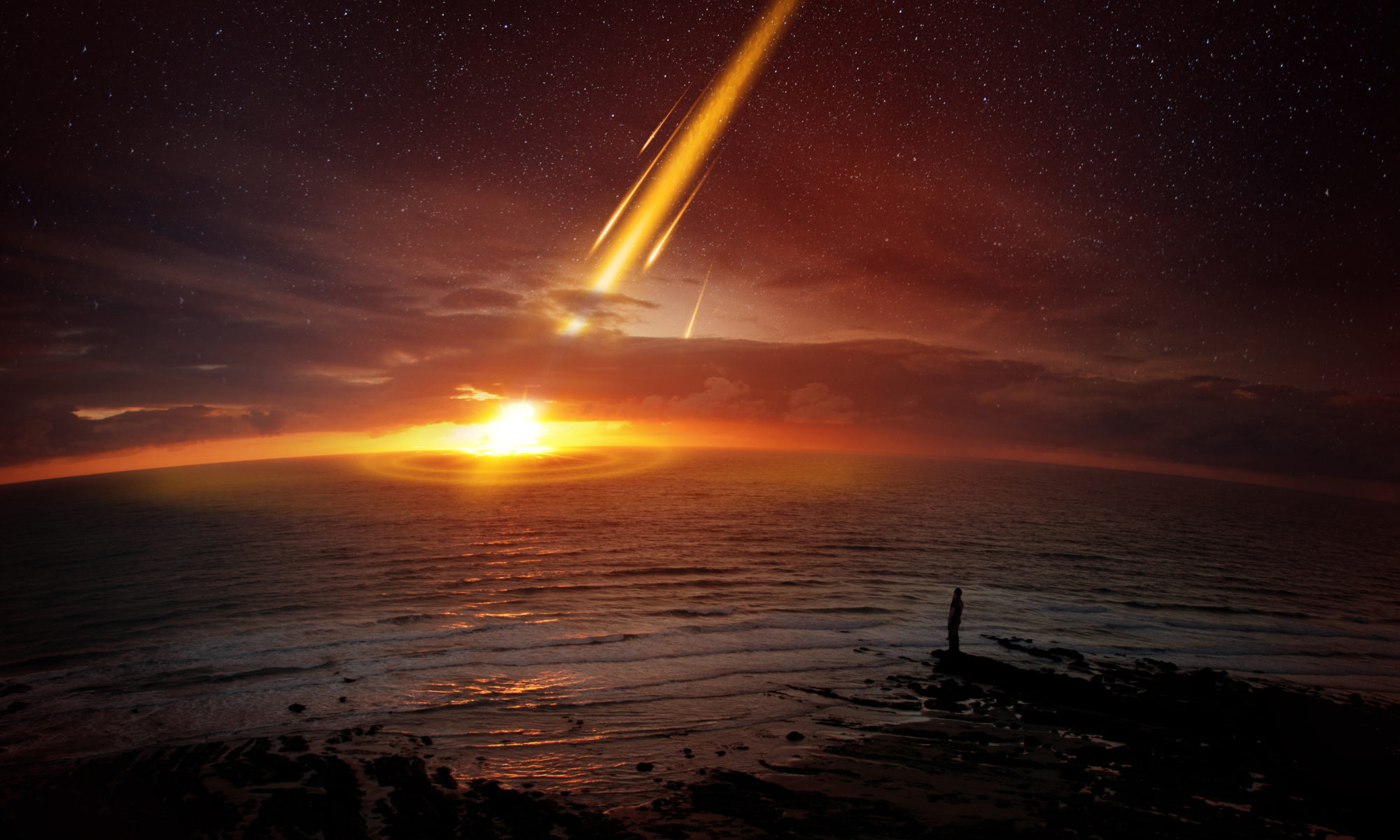A Proposal for Multigenerational, Financially Sustainable and Scientifically Beneficial Planetary Defense
Nikola Schmidt
Planetary defense might sound like science fiction. In fact, it is a well-developed international scientific effort. An ongoing space mission to hit an asteroid with an objective to demonstrate the possibilities of a kinetic impactor defending the Earth from future asteroids on the collision course, is currently underway. This double mission by NASA and ESA for sending space craft called DART (the space craft that is to hit the asteroid) and HERA (the space craft that is to analyze the consequences) into space has been struggling to receive enough funding from ESA due to one ministerial budget rejection effectively narrowing down the scientific mission to the absolute minimum. It neither triggered significant political interest, nor did it have any visible follow up. Two key problems can be recognized here – a lack of global governance and a risk of fading out of expertise. In the first case, the current situation openly leaves weak non-space-faring countries behind, while the Outer Space Treaty requires exactly the opposite – cooperation on a global scale regardless of the level of economic and scientific development. The second problem is that the current planetary defense capabilities developed by scientists and, if successful, demonstrated on this double mission, could fade out without a clear and concise political action to establish a sustainable planetary defense capability for foreseeable generations. The solution to both problems is to establish a security community based on multilateral principles that could cooperatively develop a planetary defense infrastructure that would provide security to all countries without exception. Such a security community would not threaten any other states, and it would share its scientific knowledge and technological ingenuity among its members, effectively making high-end industries thrive while binding members of the community to mutually deliver security from asteroids for the foreseeable future. Moreover, it would reflect exactly the cosmopolitan Outer Space Treaty legacy and our ethical responsibility to the biosphere in general because we know the problem and we have the means to avert it.
